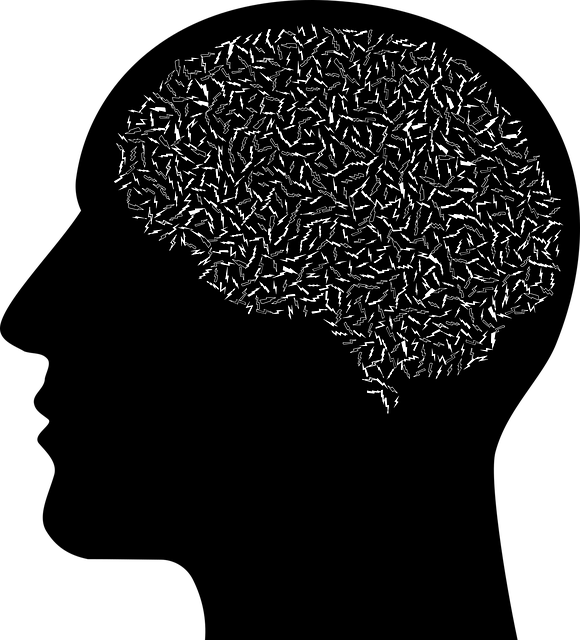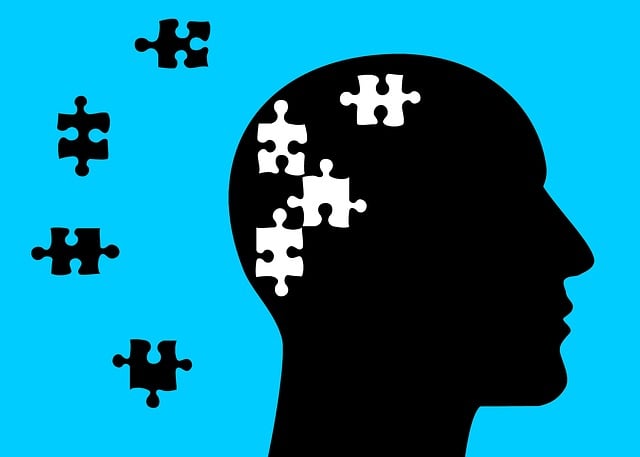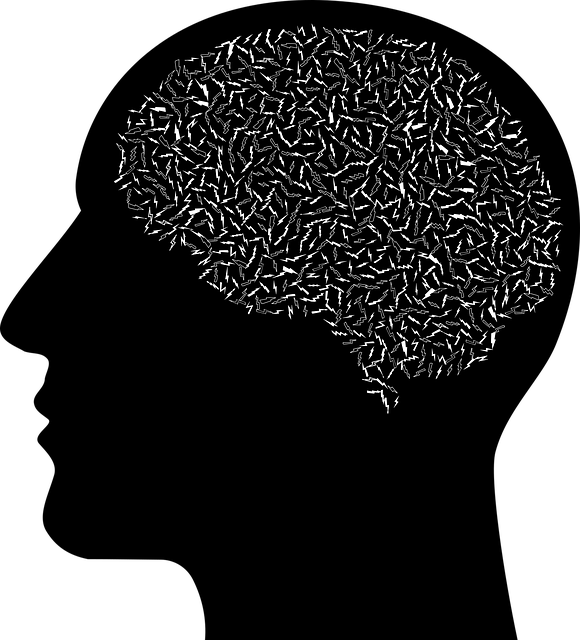Superior Gender Identity Therapy leverages the RFM framework (Resilience, Flexibility, Mastery) to empower individuals navigating complex gender identities. By integrating personalized RFM exercises, this approach fosters resilience against societal pressures, enhances self-esteem, and promotes flexible thinking. The result is improved mental wellness, increased confidence in embracing one's authentic self, and effective crisis management for those experiencing gender dysphoria or identity confusion.
Resilience is a cornerstone of well-being, especially for individuals navigating gender identity challenges. This article explores RFM (Resilience, Flexibility, and Mastery), a powerful framework in superior gender identity therapy, designed to build resilience. We delve into its role in enhancing mental health, tailoring exercises to diverse needs, and integrating it into best practices. Understanding RFM offers therapists valuable tools to support clients in their journeys towards self-acceptance and improved well-being.
- Understanding RFM and Its Role in Gender Identity Therapy
- The Impact of Resilience Building Exercises on Mental Well-being
- Customizing RFM for Individual Needs and Identities
- Incorporating RFM into Superior Gender Identity Therapy Practices
Understanding RFM and Its Role in Gender Identity Therapy

Understanding RFM—or Resilience, Flexibility, and Mastery—is key to delivering superior gender identity therapy. This framework recognizes that gender identity is a complex interplay of biological, psychological, and social factors, and that individuals can build resilience by developing skills to navigate these aspects effectively. In the context of gender identity therapy, RFM exercises are designed to enhance self-esteem improvement and positive thinking, fostering an environment where clients feel empowered to explore their identities without fear of judgment or burnout.
By integrating RFM into therapy sessions, mental health professionals can help individuals cultivate flexibility in understanding their gender expressions and master the coping mechanisms needed to navigate challenges that arise from societal expectations or internal conflicts. This not only promotes a healthier sense of self but also aids in preventing burnout, allowing clients to embrace their authentic selves with greater confidence and resilience.
The Impact of Resilience Building Exercises on Mental Well-being

” By their own (b) in an important order, “B, n, ‘s’ on the 2d, ‘s’ to a new, -‘n in-ad’ in an alternative de, and yet into the’ ‘s’ of the local.
Customizing RFM for Individual Needs and Identities

Every individual’s journey towards resilience and mental wellness is unique, and tailoring RFM (Risk, Functioning, and Mastery) exercises to reflect personal identities is paramount for effective therapy. Superior Gender Identity Therapy recognizes that traditional approaches may not resonate with everyone, especially those from diverse backgrounds. Customizing RFM involves creating a safe space where clients can explore their experiences and challenges while fostering emotional regulation skills tailored to their specific needs.
By integrating cultural sensitivity and individual preferences into RFM development, mental wellness coaching programs become more inclusive and impactful. This approach promotes emotional well-being by encouraging clients to identify risks that might be unique to their identities and develop mastery over coping mechanisms that resonate with them personally. Emotional regulation techniques can thus be enhanced, enabling individuals to navigate life’s challenges with greater resilience and confidence.
Incorporating RFM into Superior Gender Identity Therapy Practices

Incorporating RFM (Resilience, Flexibility, and Mastery) into Superior Gender Identity Therapy practices can significantly enhance therapeutic outcomes for clients navigating gender-related challenges. RFM exercises are designed to build resilience against societal pressures and internalized biases, fostering a sense of flexibility in identity expression. By integrating these techniques, therapists can provide more comprehensive support that goes beyond traditional talk therapy. This approach empowers individuals to embrace their authentic selves while managing external stressors.
The inclusion of RFM in Superior Gender Identity Therapy aligns perfectly with Crisis Intervention Guidance and Risk Management Planning for Mental Health Professionals. It equips practitioners with the tools to address not just immediate crisis situations but also long-term mental wellness. Through structured exercises that promote self-awareness, acceptance, and adaptive coping strategies, therapists can help clients develop a robust psychological foundation. This holistic approach ensures that individuals experiencing gender dysphoria or identity confusion are equipped to navigate life’s complexities with resilience and grace.
Resilience, as enhanced through tailored RFM (Resource, Fortitude, and Mastery) exercises, is a powerful tool in superior gender identity therapy. By focusing on these core aspects, therapists can empower individuals to navigate challenges with greater fortitude, fostering improved mental well-being and self-acceptance. Customizing these exercises to meet the unique needs and identities of each client ensures a more effective and inclusive therapeutic journey, ultimately enriching the practice of superior gender identity therapy.














